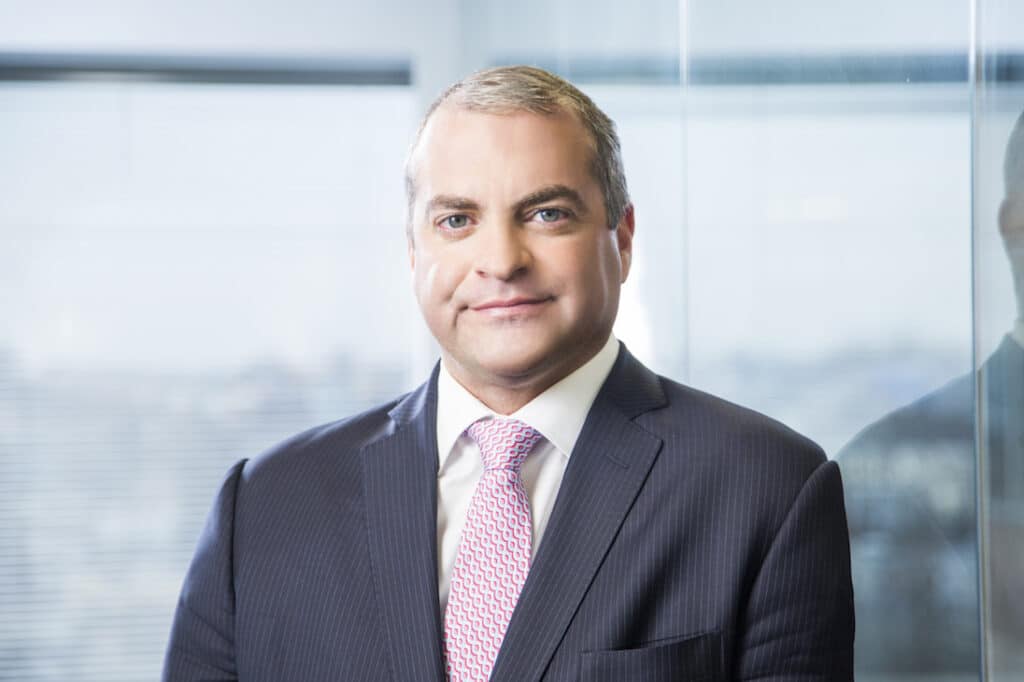Aaron Hantman is CEO of Tourmaline Partners.

What was the highlight of 2021?
2021 had quite a few highlights. In addition to growing the firm significantly, we saw a greater understanding and appreciation of our business model in the market– notably with larger buy-side players who use us in a supplemental capacity to augment their in-house resources.
We now work with clients that range from $50 million to over $1 trillion in AUM. We celebrated our 10th anniversary earlier this year with our more than 50 experienced team members from around the world. By the end of this year, we will have traded nearly half a trillion in notional equity value.
Perhaps most importantly, we’ve done this as an independent player that doesn’t compete with the sell-side. Our scale and agnostic position are virtually impossible to replicate in the short term and critical for success when working with larger buy-side players.
What surprised you in 2021?
I would say our most pleasant surprise this year was the tremendous growth of our derivatives business. That team is now up to four senior traders, and we’re executing more than 2 million contracts per month, largely in U.S. listed options on behalf of clients in the U.S., Europe and APAC.
Some of our clients are seasoned derivative players, but many are more traditional equity investors that use Tourmaline to create strategies around their positions and monitor them over time. Most investment managers, even larger ones, don’t have dedicated options traders in-house. We have the benefit of being agnostically positioned in the marketplace, leveraging strong relationships with a handful of key liquidity partners and scale that affords us preferred pricing for clients. In 2022, we expect more clients to lean on our expertise in this area.
What industry trends have been prominent but are now fading (or will soon fade)?
The last two years have been unique, to say the least. COVID-19 certainly changed how people do business, and some of these new practices are likely to stay. During last year’s spikes in volume and volatility, Tourmaline performed well, and it was noticed. Interestingly, we think that “remote” trading was validated as a business model, and that supplemental expertise for in-house traders and teams is now being recognized as an “institutionalized” resource.
It will be interesting to see if and when buy- and sell-side businesses plan to fully return to the office. Like most, we expect to see a hybrid model that incorporates some WFH for the foreseeable future. This likely means that Zoom calls, virtual events and the need to adapt business travel will all be part of the landscape going forward.
As we can’t always see people in their offices, Tourmaline has started to mix in thought leadership dinners around the country for clients and others who are interested in our space. This allows those who work from home to hear from us personally, while also connecting with their peers in an informal setting. We’ll continue to adapt and improvise as needed.




